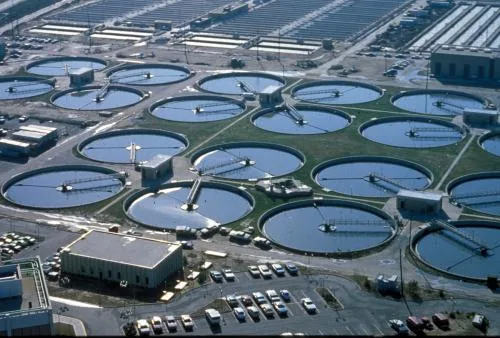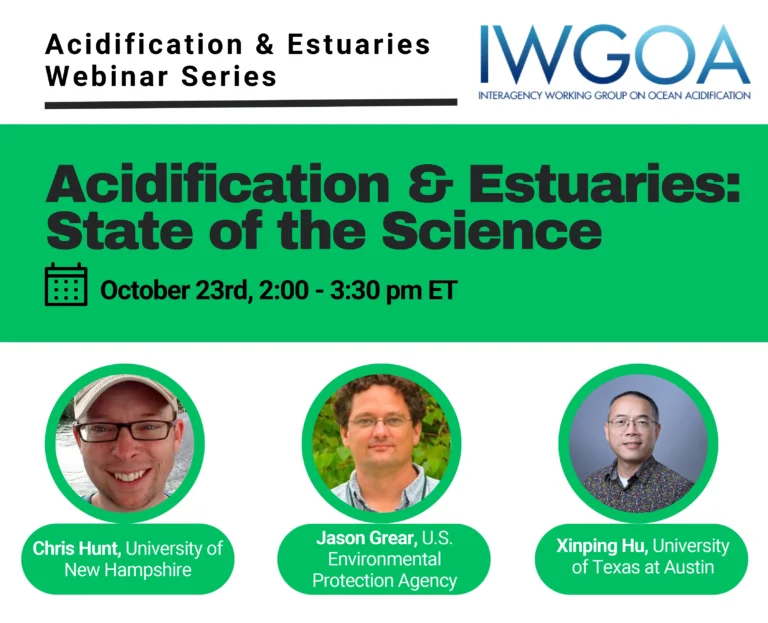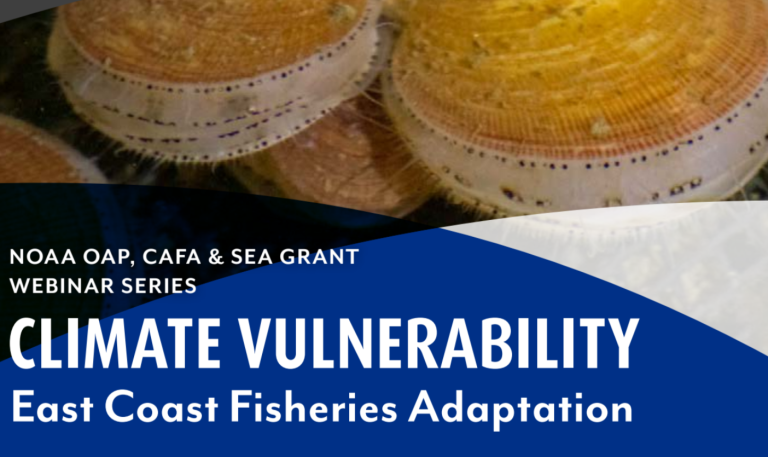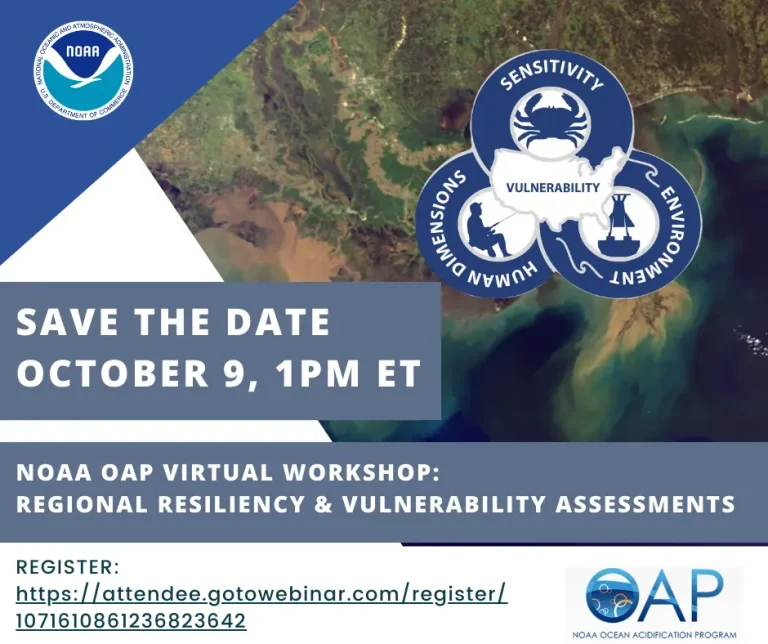
Pier2Peer Alumni Showcase Webinar
Join us for a webinar showcasing research from Pier2Peer Alumni on Friday, 23 January 2026 from 12:00- 1:30 pm UTC. In this webinar, we’ll be joined by two Pier2Peer Scholarship recipients to learn about their research and mentorship experiences. Dr. M. Anand will be presenting “ARMS (Autonomous Reef Monitoring Structures) – an emerging tool to












